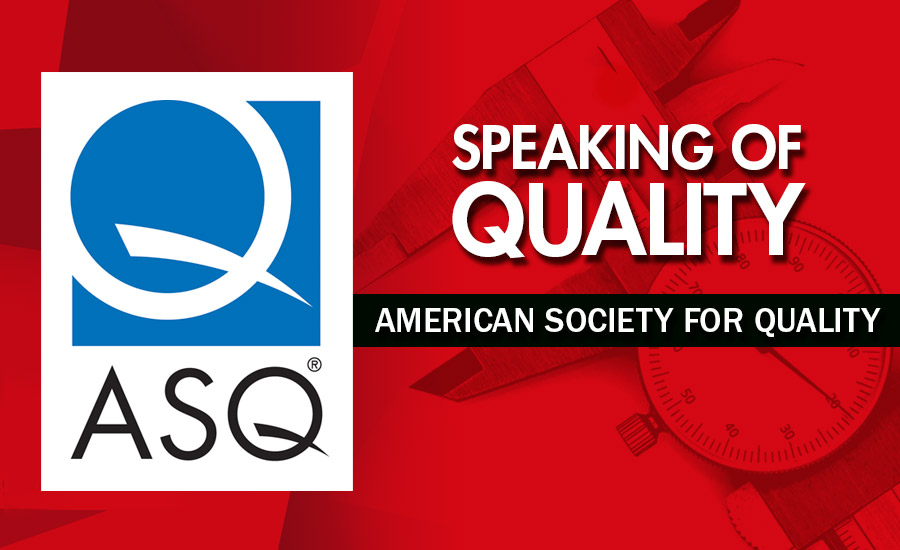For several years we have been reading about the ominous skills gap. In some trades, we are teetering on the edge of the gap; in others, we have already picked up several bumps and bruises on the trip down to the bottom of the canyon. A quick search on Indeed or with any of the supply chain management companies who offer contract source inspection positions might suggest we are well on our way to needing a few Band-Aids when it comes to training a new wave of inspectors. Here I’ll offer my perspective as someone directly working to address it.
I’m the dimensional inspection (metrology) instructor at Danville Community College in Danville, VA. To date, four cohorts have completed the two-semester, 29-credit curriculum. The curriculum includes classes in: technical math, print reading, GD&T, quality control, introduction to lean and Six Sigma, bench inspection (two classes), and CMM operation and programming (three classes).
I was still working in the aerospace and defense industry at the inception of the program and came to lead it at the start of the spring 2017 semester. I’m standing on the shoulders of giants as it took tremendous effort to get the program off the ground. For a more thorough explanation, read Wes Shelton’s ASQ Inspection Division 2018 conference presentation, “Shifting the Paradigm on Inspection Training.” In it, Shelton outlines the start of the metrology-focused program at Vincennes University and Danville Community College.
One important detail of the developed pathway is ASQ’s Certified Quality Inspector Apprenticeship program. Not only was the curriculum purposefully based on the Certified Quality Inspector Body of Knowledge, but the students who complete the program are allowed to sit for the exam with the two years of industry experience requirement waived. To be clear, students do not have to pass the CQI exam in order to receive their Career Studies Certificate in Dimensional Inspection from DCC, but it opens doors for them if they do. In fact, when some employers contact me asking about direct recruiting opportunities, they state they will only consider graduates who passed the CQI exam.
Local and national companies regularly ask me how to get their job openings in front of DCC graduates. Several companies have even made cooperate policy exceptions to allow for relocation assistance (or larger sign-on bonuses) to nab qualified individuals for these hard-to-fill entry-level positions. While employers are working to pull individuals across the skills gap, unfortunately there are too few entities on the supply side. Since the program’s inception at DCC, enrollment has steadily declined from 14 at the peak to only four in the current cohort (being offered as a hybrid online and in-lab for the first time). Under a single instructor, there is a capacity of 20 students. With thoughtful planning, DCC could feasibly complete nine cohorts a year without having to increase lab space. Vincennes would probably have been similar; however, their program has been put on hiatus due to low enrollment.
Unfortunately, I have not been able to determine the root cause of declining enrollment. There have been marketing campaigns, videos, and many hours spent directly recruiting at several surrounding high schools and community events conducted by myself and other advanced manufacturing instructors, outreach specialists, and highly motivated employers. It’s frustrating to teach an in-demand skill that has led graduates of a two-semester program to a new career starting at $24 an hour and not be able to fill every seat. On the flip side, it’s encouraging to stay in contact with graduates who in some cases have tripled their standard of living. In running this program, I have witnessed single moms lift themselves from scary situations and convicted felons become gainfully employed for the first time in 15 years.
From my college’s perspective, the current enrollment trend is not sustainable. We do have a few more recruitment ideas, such as offering referral incentives to graduates and current students in other advanced manufacturing programs. Harkening back to Shelton, I would like to see quality managers hire new inspectors based on attitude and math aptitude, sending them to a fifteen-week intensive training course, and getting back an ASQ Certified Quality Inspector. With that shift, I think we could close the skills gap much more effectively.









